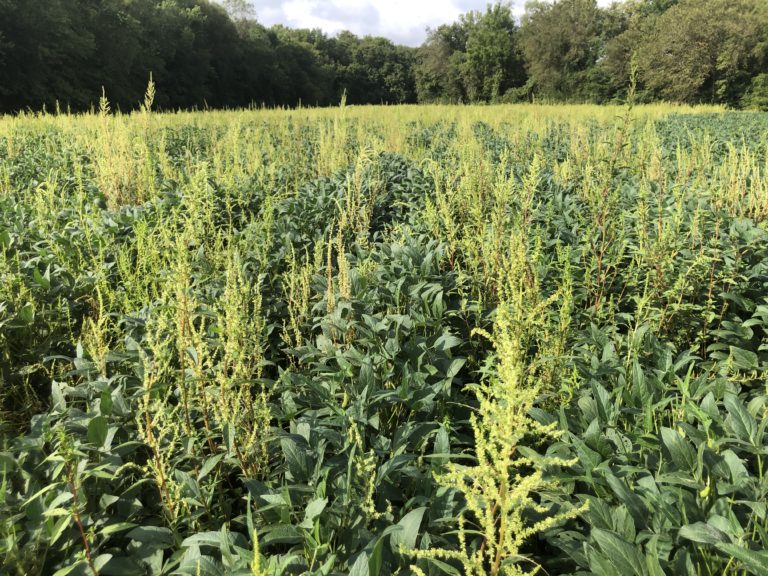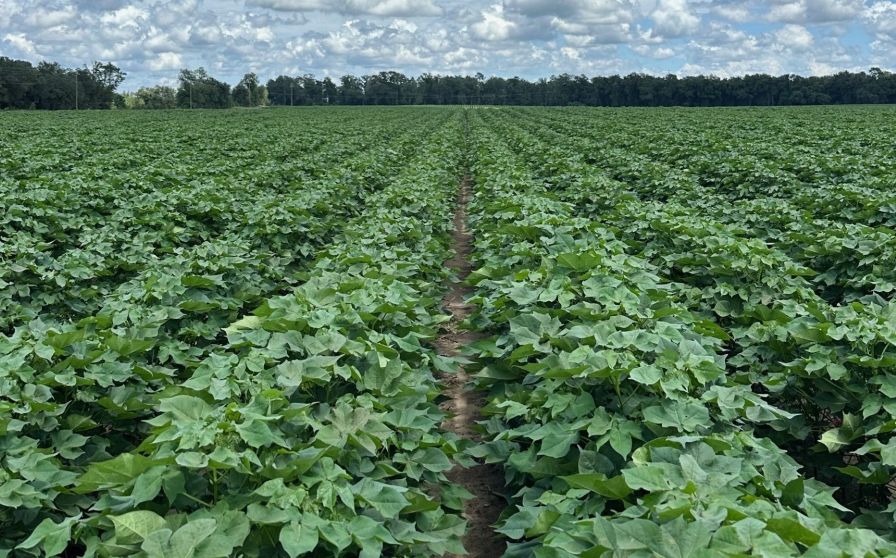Scout Now for Next Year’s Weed Problems
Some have been concerned about losing dicamba due to court or EPA rulings. Everyone should be more concerned about losing dicamba and 2,4-D to Charles Darwin’s theory. Weeds developing herbicide resistance has caused the loss of many more herbicides than anything a court or the EPA has ever done. It’s not even a close race.
This is particularly true for Palmer amaranth. The newest development is that Palmer amaranth has evolved dicamba resistance here in Tennessee. We are in the beginning stages of Palmer amaranth, yet again, becoming a major problem due to the loss of a herbicides’ utility on that weed.
This is the fifth herbicide mode of action Palmer has become resistant to since 1994 in our state. If you are keeping score, Palmer became resistant to ALS-inhibiting herbicides (Pursuit/Staple) in 1994, trifluralin in 1998, glyphosate in 2006, PPO-inhibiting herbicides (Flexstar/Ultra Blazer) in 2014 and now dicamba in 2020. If we take that 26 year period and divide by five modes of action, the math would indicate that Palmer will evolve resistance to an effective herbicide in just 5.2 years of widespread use.
We clearly need to up our game on pigweed management. A good place to start is by scouting fields for weed escapes this fall. Now is a good time to note pigweed that are poking up through the cotton or soybean canopy and, based on those findings, start planning the weed control for that field in 2021.
I have driven through portions of west and middle Tennessee in the last couple weeks, and it is not hard to find Palmer amaranth poking up through the crop canopy. The visible Palmer showing up in fields ranges from some scattered plants in fields to, in a few cases, fields with pigweed populations that are truly at alarming levels (see picture above, courtesy of UTIA).
Clearly, weed management in those fields must drastically change in 2021. However, do not discount fields that just have a few scattered plants in a spot or two. Those plants may very well shed millions of seed that will call for a change in weed management in 2021 as well.










